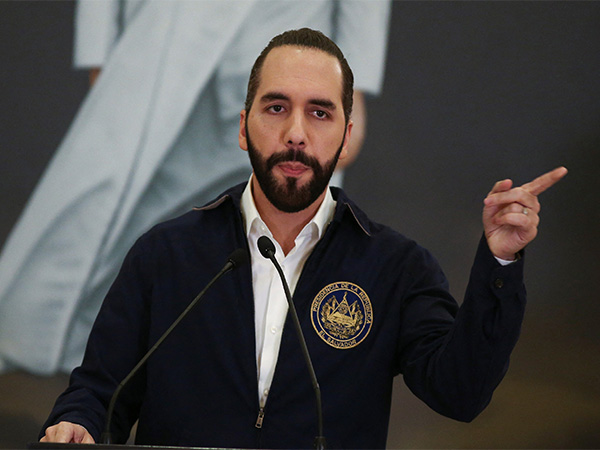El Salvador's President Paves Path to Power: Democracy at Stake
El Salvador's President Nayib Bukele faces criticism as he moves towards indefinite presidential power. Amidst constitutional changes, Bukele's control tightens with supporters stating it's a democratic advancement. Meanwhile, human rights concerns grow, and international silence, especially from the U.S., contributes to tensions.

El Salvador's President Nayib Bukele is under scrutiny for his latest move to solidify indefinite presidential power. His ruling New Ideas party rapidly introduced legislation to amend the constitution, allowing for an extended presidential term without the usual public debate.
The controversial change was met with both domestic and international criticism. A minimal number of legislators opposed it, while critics see the move as a significant blow to democracy in the country. Ernesto Castro, assembly president, however, lauded the amendment as enhancing democratic choice.
Human rights organizations express growing concern over Bukele's tactics, with allegations of widespread abuses. Additionally, there's been notable silence from U.S. officials, further drawing attention to Bukele's consolidation of power and his popularity, despite dissent from rights groups and fleeing journalists.
(With inputs from agencies.)










